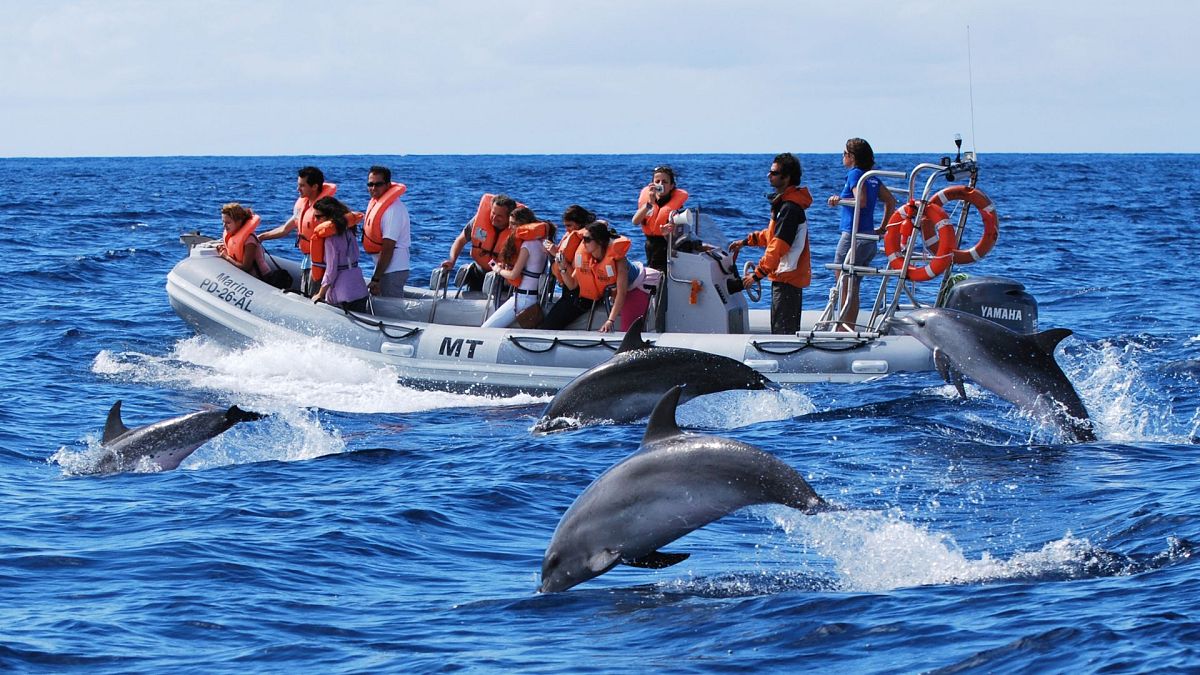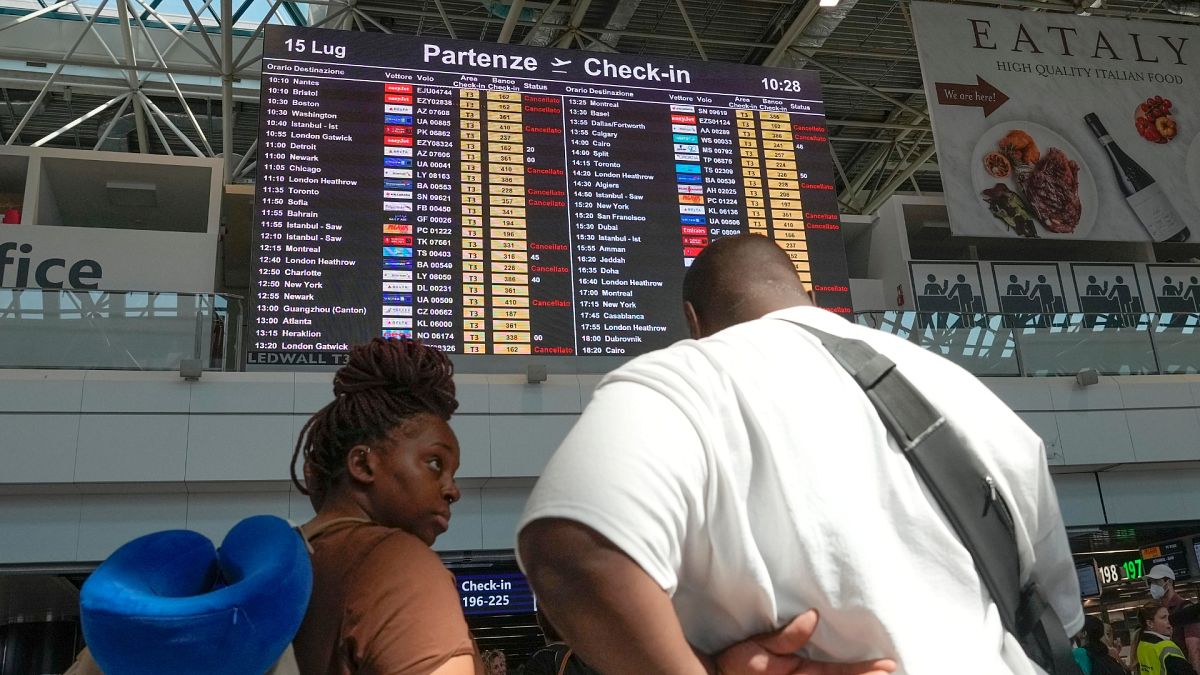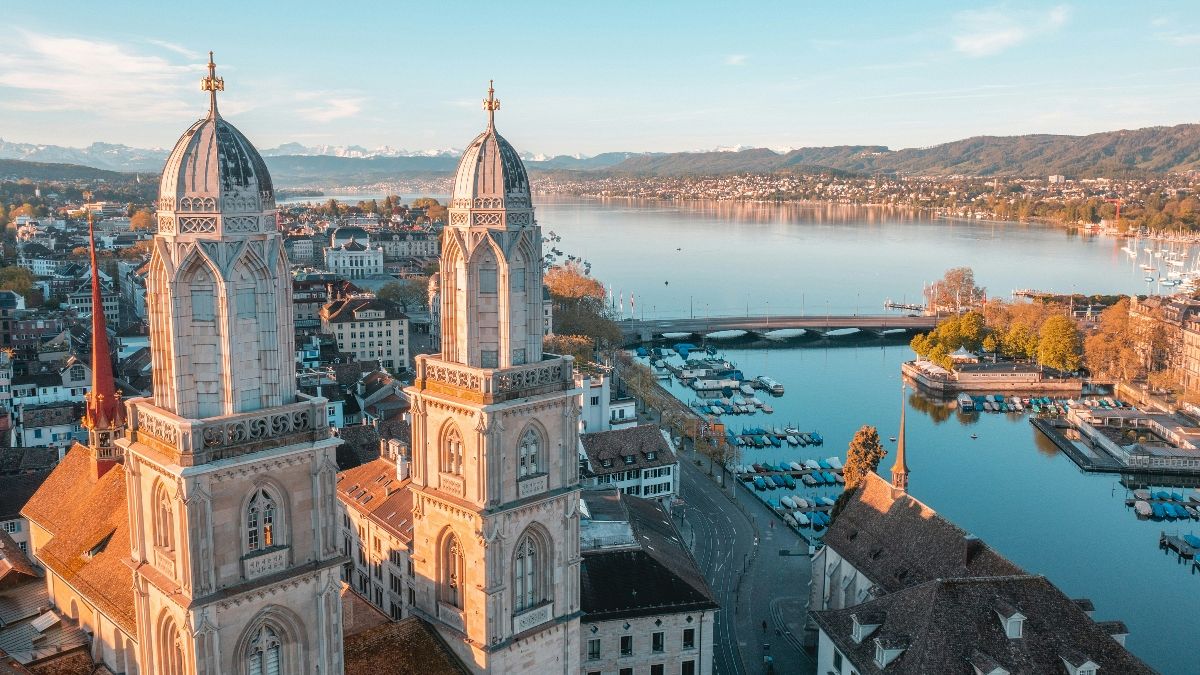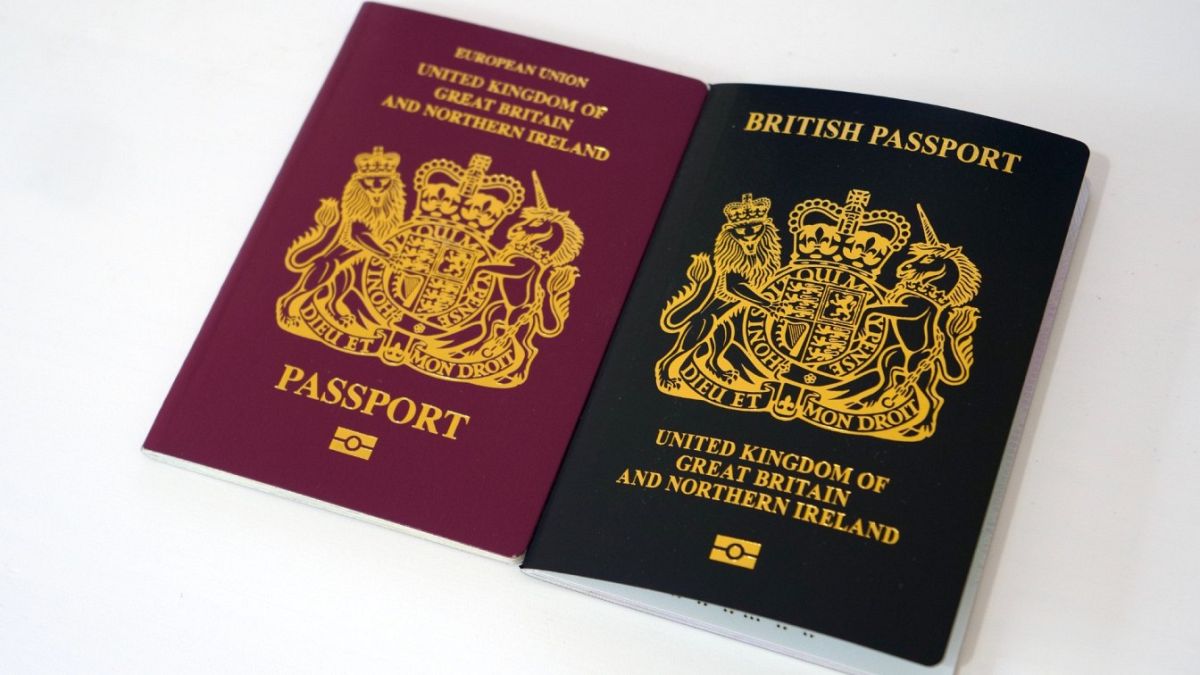Back-up plans and good governance make tourism more resilient

The opinions expressed in this article are those of the author and do not represent in any way the editorial position of Euronews.
As we celebrate UN Global Tourism Resilience Day, let us commit to building an industry that thrives in the face of adversity, safeguarding the livelihoods of millions, and ensuring the sustainability of this vital sector for generations to come, Dr Maryam Ali Ficociello writes.
Nearly four years after the devastating effects of COVID-19, the tourism industry is out of intensive care and approaching a full recovery. Welcome to the era of resilience.
Passenger demand for international air travel has rebounded and is now just 5% shy of what it was in 2019, the year before the pandemic. Hotel occupancy rates have risen to 60% after tumbling to 22% in 2020, according to UN Tourism.
This month, we observed the UN Global Tourism Resilience Day, a valuable reminder that resilience is vital not only for successful tourism, but for our overall economic well-being.
Tourism accounted for one in every 10 jobs before COVID-19, and many of the world’s poorest countries depend on it for jobs and revenue. The UN designated 17 February to highlight the importance of resilience in this valuable industry.
Resilience grows from good governance and effective risk mitigation, though it can be hard to define.
For example, resilience for a developer of tourism destinations can mean one thing in relation to its corporate offices but something quite different in the context of its actual projects.
We need to build resilience into every aspect of what we do, and that means integrating ESG (Environmental, Social, and Governance) and sustainability principles into all facets of our work.
Resilience through energy efficiency
Sustainability and energy efficiency have become paramount for the post-pandemic tourism industry. Resilience, in this global context, extends beyond economic considerations to encompass environmental stewardship.
By investing in energy-efficient technologies and practices, tourism businesses can not only reduce their operating costs but also position themselves as responsible, forward-thinking players on the world stage.
Given the increasing scrutiny that companies and governments alike face for their ESG and sustainability commitments, those that embrace renewable energy will fortify themselves against potential criticism and prove more likely to keep partners, suppliers, creditors, investors, and consumers on their side.
A good example is Costa Rica, where renewables account for 98% of the energy supply, providing the foundations for a successful eco-tourism economic model. As a result, the country has reduced its carbon emissions and strengthened relationships with major international organizations.
Costa Rica has won numerous environmental awards over the last few years, including the Earthshot Prize and the UN Champion of the Earth honours. This achievement led the International Monetary Fund to select it as the first nation to benefit from the IMF’s Resilience and Sustainability Facility in 2023, which will help the country respond to external shocks and climate change risks.
At Red Sea Global, we’re responsible for meeting the energy demands of guests, employees, local communities, and thousands of business partners. Our flagship destination in Saudi Arabia, called The Red Sea, is completely off the national grid and powered by solar energy – from hotels to utilities and mobility networks.
As the tourism industry recovers, it has an opportunity to re-create itself as a force for sustainability, drawing on clean energy and harnessing innovation to protect against unexpected disruptions.
Plan for the worst, and monitor risks
Resilience in the tourism industry also demands a proactive approach to risk management, including meticulous planning for worst-case scenarios.
The lessons learned from the pandemic underscore the necessity for continuous monitoring and adaptation.
Dedicated governance, risk, and compliance departments can start by anticipating the worst possible scenarios, deploying project specialists to build resilience and contingencies in the design stages, and preparing for what may happen if even backup plans fail.
These scenarios should cover everything from health, safety, and transportation to impacts from climate change and threats to natural habitats.
Tourism businesses cannot risk depending on a single supplier for most of their needs. Resilient and diversified supply chains are essential, whether they are for IT services or fresh produce. Strong supplier partnerships can make all the difference.
An analysis of the response of New Zealand’s hospitality industry to the COVID-19 lockdown found that the level of preparation was a key differentiator between organizations that survived and those that didn’t.
Success tends to depend on good knowledge about one’s suppliers and an awareness of available options in case of disruptions. Many organizations succeeded by turning to local suppliers for day-to-day operations.
This reinforces the point that partnerships are crucial for agile supply chains. It’s also important that our partners, affiliates, and subsidiaries align with our resilience policies and make their own contingency plans, coordinate with all relevant stakeholders, and adhere to global standards.
A pledge for the future of global tourism
Thanks partly to the lessons of COVID-19, the industry is starting to take resilience seriously.
As pioneers of responsible development, we encourage our peers to join us in making equally powerful commitments to ensure resilience in tourism, not only for the sake of the industry’s survival but for the sake of people and the planet.
As we celebrate UN Global Tourism Resilience Day, let us commit to building an industry that thrives in the face of adversity, safeguarding the livelihoods of millions, and ensuring the sustainability of this vital sector for generations to come.
Dr Maryam Ali Ficociello is Chief Governance Officer at the Red Sea Global Group.
At Euronews, we believe all views matter. Contact us at [email protected] to send pitches or submissions and be part of the conversation.
Source: Euro News














